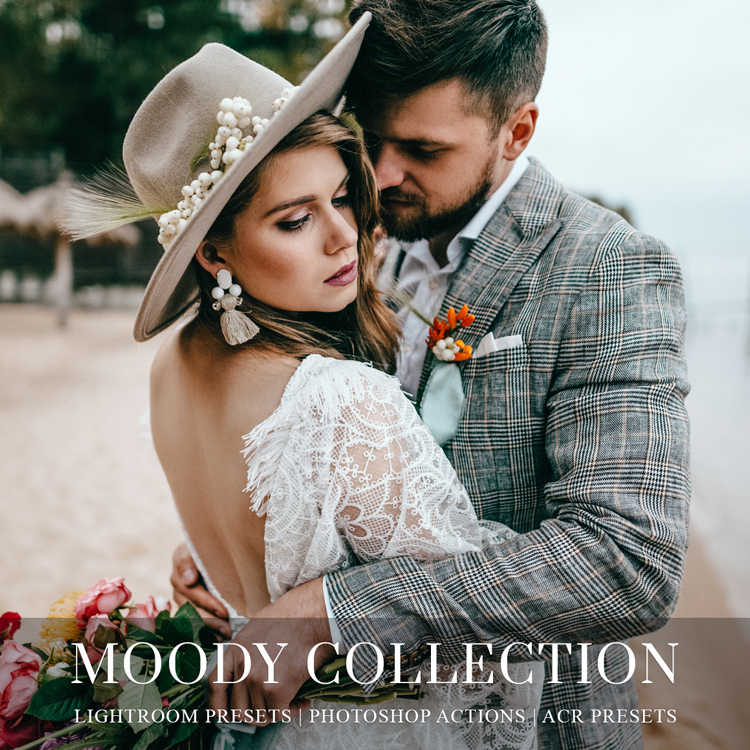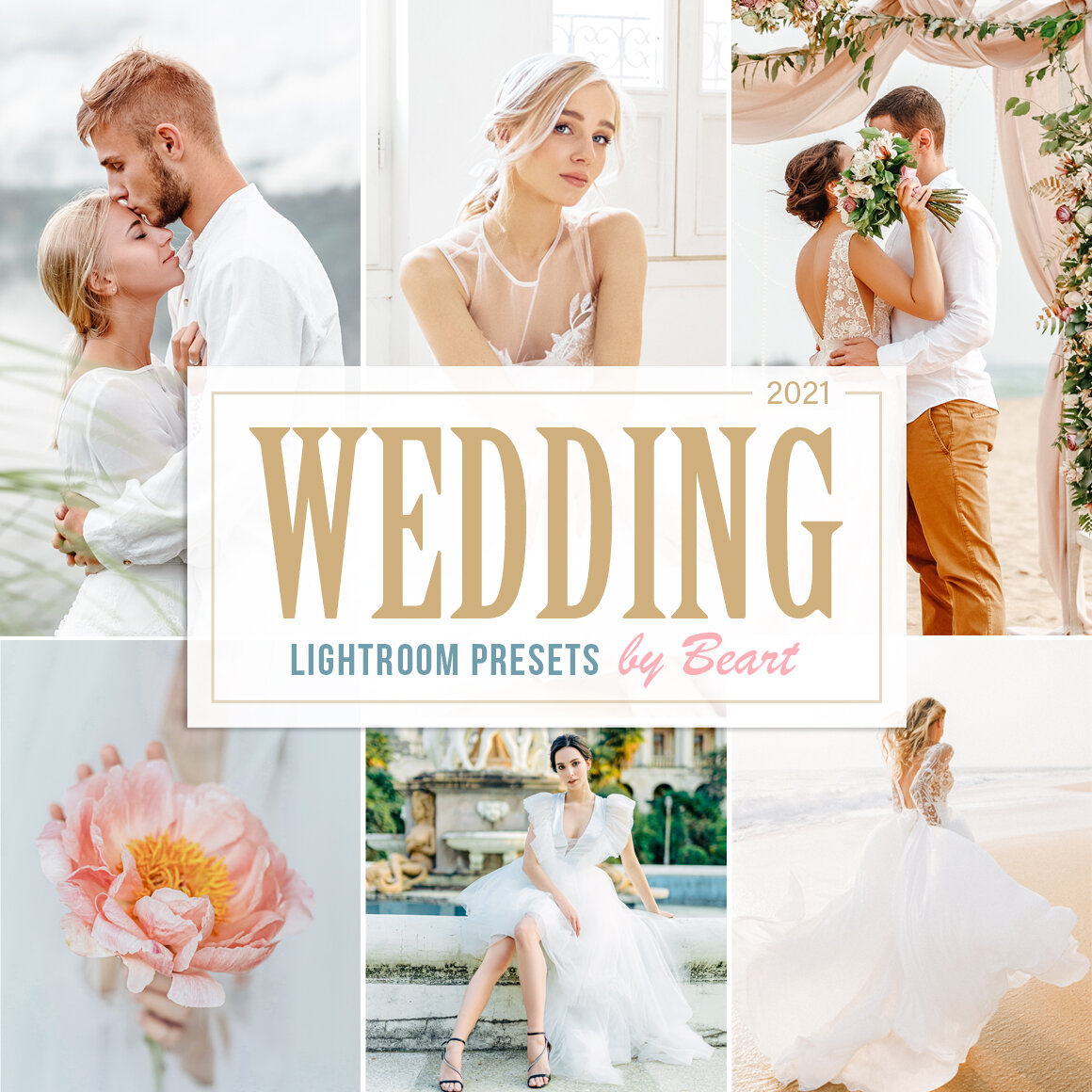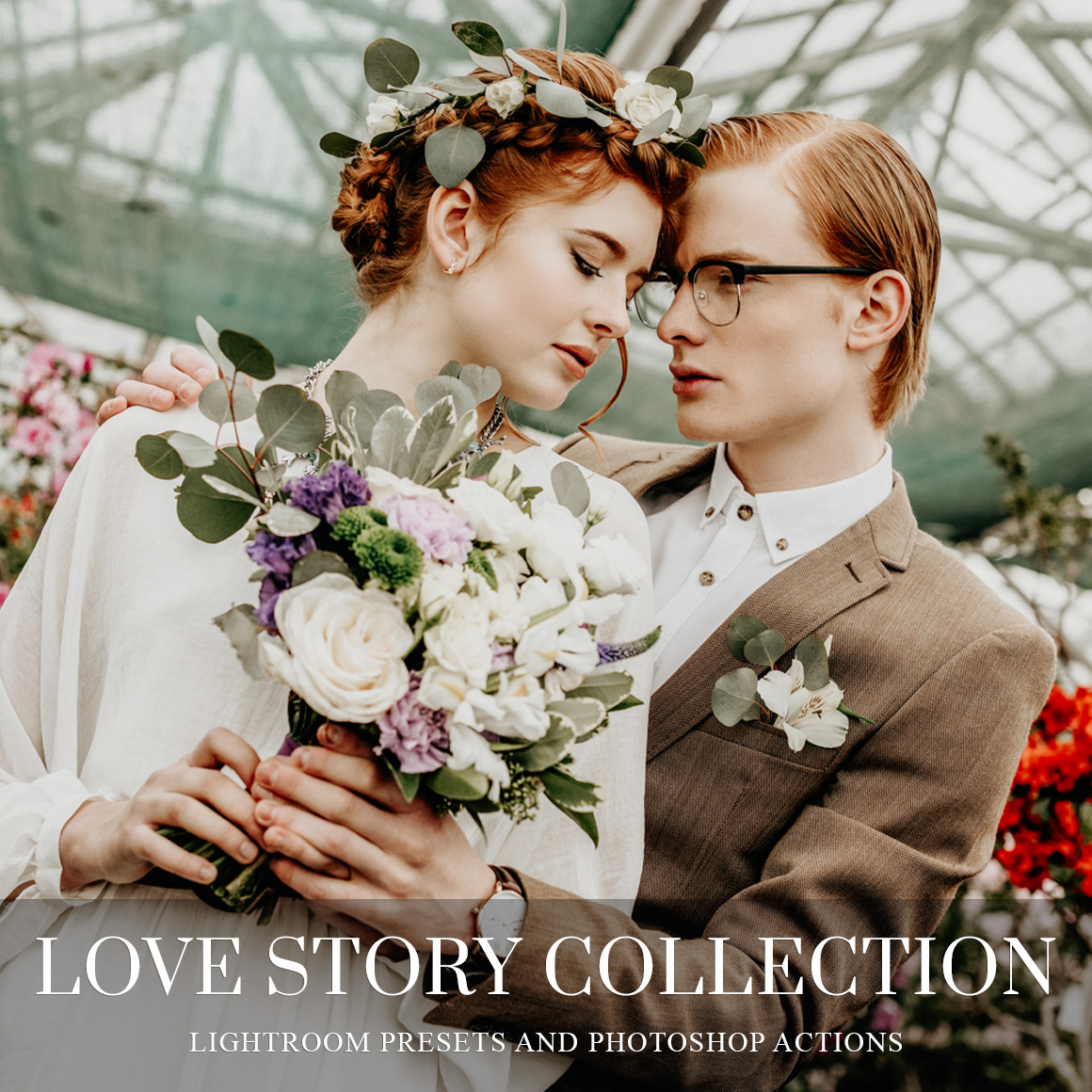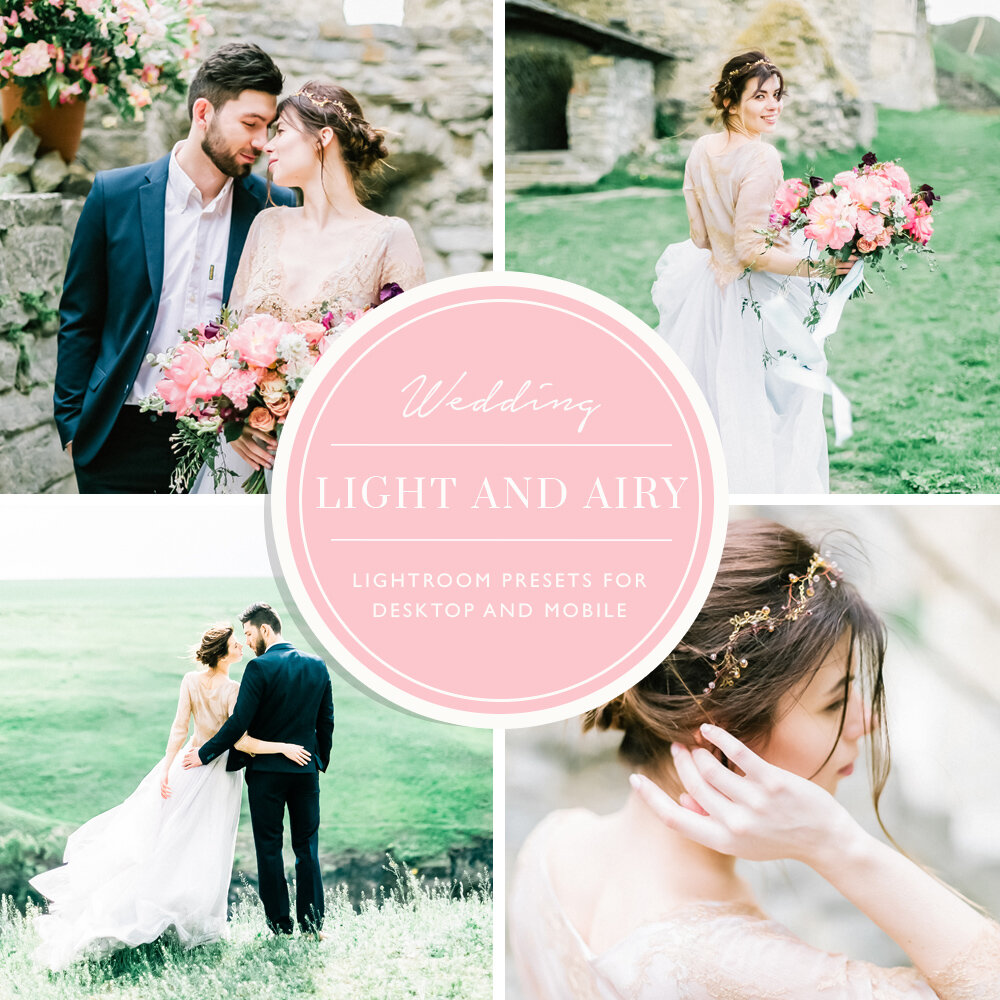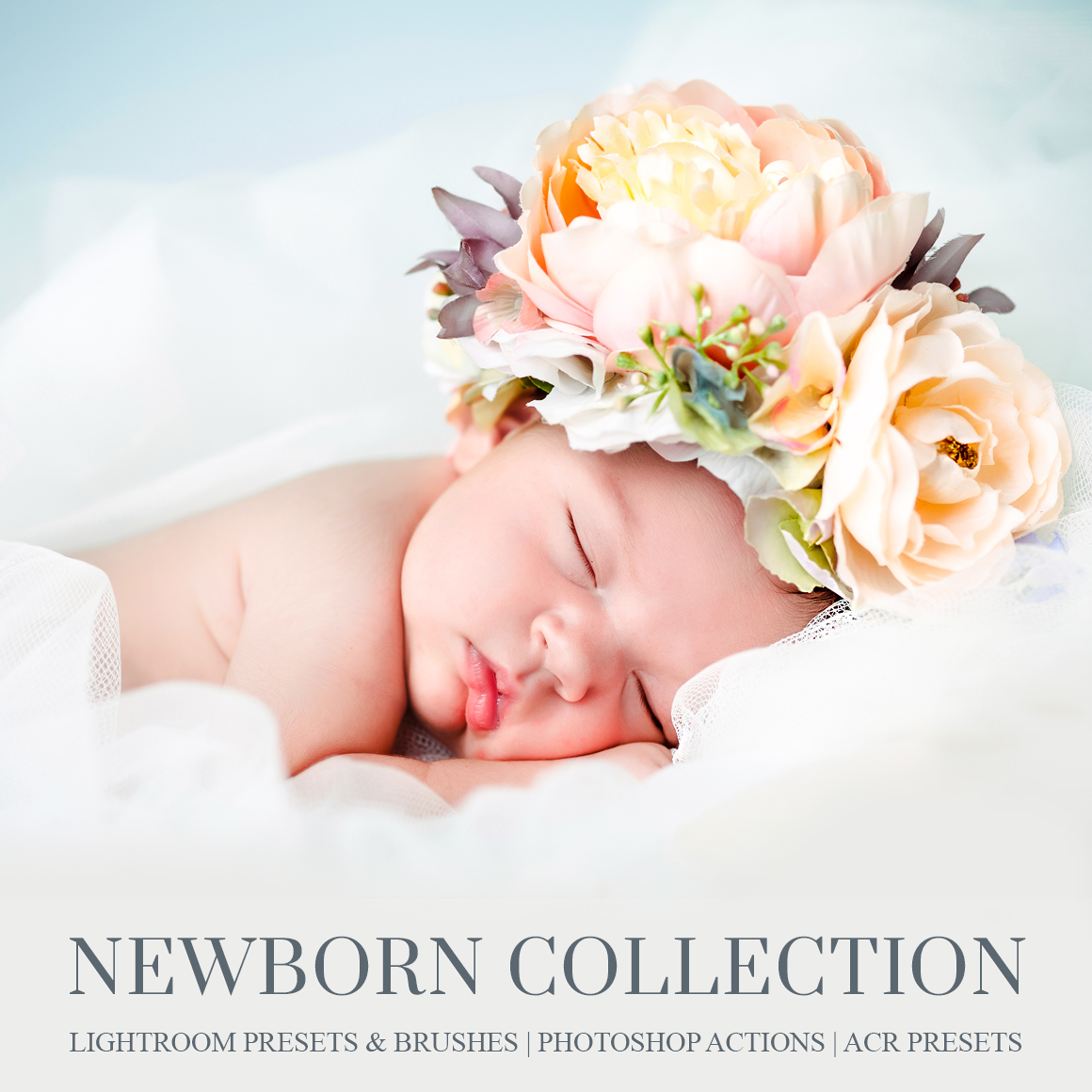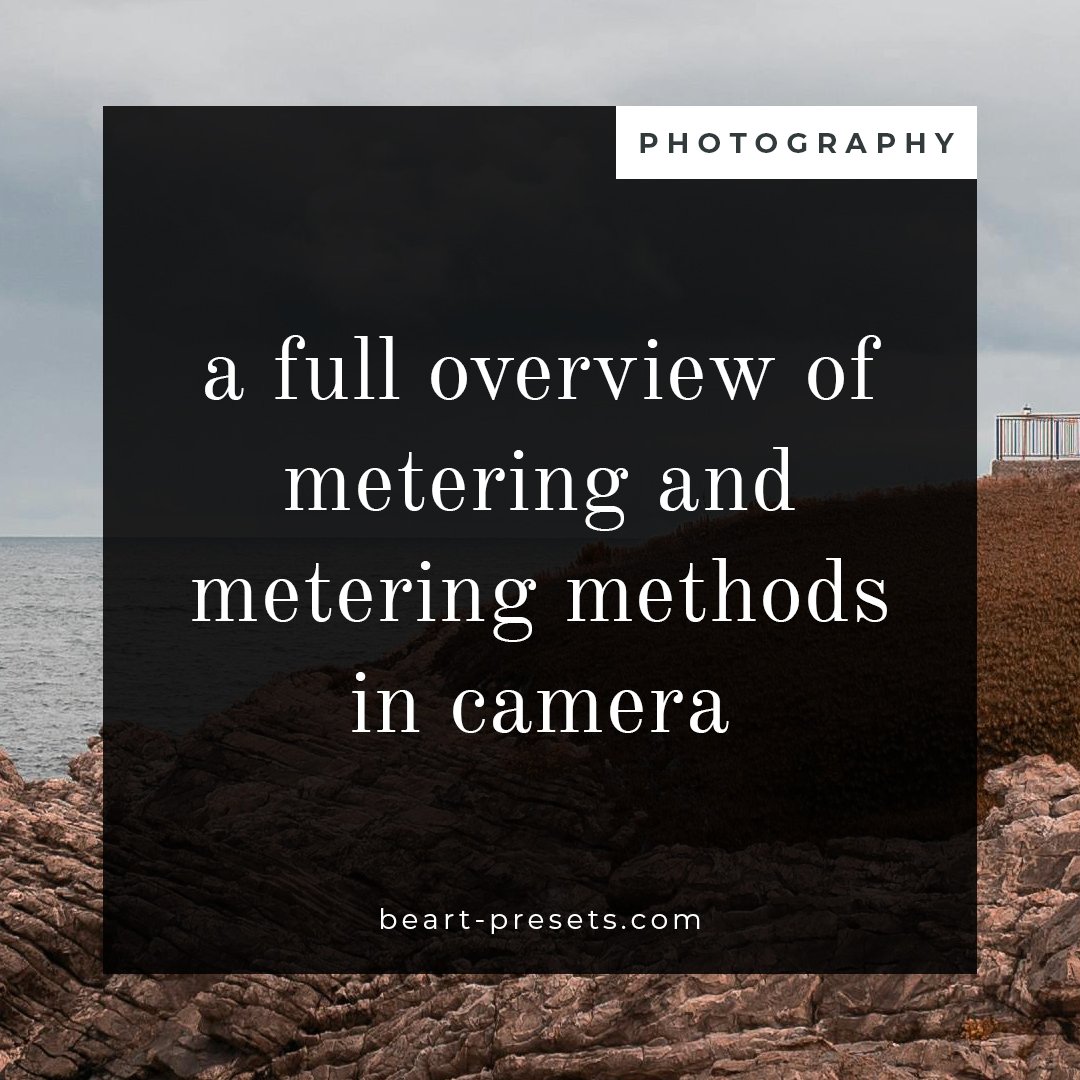The Best Guide for Buying Used Camera Gear in 2021
Between used and new, we tend to think that new is better. But manufacturers of digital cameras frequently update their products, tempting photographers with the latest technology available.
That can also present an excellent opportunity to buy used equipment as photographers get rid of their used equipment. Getting your hands on these "cast-offs" with relatively advanced technology is a terrific way to upgrade your gear, particularly if you're on a budget. If you know how to shop for used equipment, you can score some great deals. We've put together a list of tips to help you.
What to look for in a used camera
History: Ask the seller about the camera's past with its previous owner. This could be a shot in the dark, but it's worth trying. Sometimes, reputable shops that sell used gear often have longstanding relationships with their customers. They might be able to tell you something about the previous owner as it relates to the camera's use.
Camera Body:
Check inside the camera body while holding it face down. Look around the mirror, focusing on the lens contacts and the screen. You're looking for any apparent damage or dirt build-up. On the mirror and focusing screen, check for residue or oil build-up. These can indicate that the camera has been damaged or dropped and isn't working as it should.
If possible, take a test shot to check the sensor. Set it to f/16 while pointing to a white wall or bright sky. Then carefully review the image zoomed in, looking for any evident marks.
Look for any external damage. In a professional-level camera, you're likely to see some minor scuffs or marks. That's usually fine. However, any significant damage could indicate that the camera has been dropped.
Shutter count: Think of this number like a car's speedometer. Instead of counting miles, a shutter count (aka shutter actuation) tells you the number of times the shutter has been fired in its lifetime. Most reputable second-hard stores will provide the number.
Here's why shutter count matters: Simply put, it tells you how much a camera has been used. And that mattes because all cameras have a durability lifespan. Most pro-level cameras are rated for 300,000 shots at a minimum. Enthusiast cameras are typically around 150,000. When looking to buy a used camera, the lower the shutter count, the better. You'll want to consider the age of the camera alongside its shutter count. For example, a camera that's somewhere between 3-5 years old with a shutter count of about 90,000+ is a camera to avoid. It more than likely belonged to a professional photographer who gave it a lot of use - and probably dragged it around a lot.
Used Lenses
Many photographers purchase used lenses, particularly if they can do so from a highly reputable camera shop. Lenses aren't cheap, so used ones can save you a lot of money while still allowing you to use high-quality lenses.
Here's what to look for before buying a used lens
Lens Issues:
Carefully inspect a lens, both internal and external.
External: Check the optics by looking for any noticeable chips, scratches, or other glass damage. Hold up the lens to the light and swirl it around while looking for any damage.
Be sure to unscrew any filter to check the front element carefully.
Check its focus and zoom ring as well as the external barrel for any significant damage. Turn the focus and zoom rings to look for any stickiness or grating sounds. If either of these is present, it likely indicates a problem.
A lens with a severe dent can mean it has been dropped. Avoid buying a lens that has been dropped. It could have internal damage that's not obvious to the eye.
Internally: Using a small flashlight, look for any serious accumulation of dush or mold. Any significant accumulation could signal a bigger internal issue.
Look at the aperture blades using the flashlight. Any evidence of oil could mean the lens isn't working correctly. Avoid buying.
Check the aperture blades further by pushing the level to open them. The blades should appear to stick just a bit when you pull the lever. If they don't, it could mean accumulated oil. That could be a problem.
Sharpness: Using a patterned chart, evaluate the lens's sharpness. Be sure to follow the instructions with the chart carefully. It typically requires you to use a tripod and a remote release or self-timer to shoot and avoid camera shake. You'll want to then check the pictures on the LCD, or better a computer. Zoom in to check the focus very carefully. A damaged or out of alignment lens will not be as sharp and an indicator of more significant problems.
Where to buy used gear
Buying from any reputable seller is the most important thing you can do when buying used gear. The better established the seller, the better. That doesn't mean you should forgo any of the checks we just mentioned, but a reputable used camera dealer is more likely to have warranties or exchanges. Be sure to ask!
Where to buy used gear:
Camera shops: Many camera shops offer both new and used gear. They also often have trade-in programs for credit toward other equipment. Ask other photographers for references. Reputable camera shops are more likely to carefully inspect used gear before they accept it for resale. That's an added measure of assurance for the buyer, but you should still scrutinize all gear before buying. You're likely to pay a little more when buying used gear from a shop versus a private dealer.
Private sellers: You're most likely to find a bargain when buying from a private seller or dealer. If you know how to carefully inspect gear before you purchase it, this can be an excellent option, and you could end up getting a good deal. Screen the seller as much as possible and try to purchase from reputable sellers. That can be tough to do when you're buying from a private seller. If you're buying on a site like eBay, however, read the reviews carefully. Also, as with most things, if a deal sounds too good, it probably isn't. Keep in mind that most private sellers don't offer a warranty, and some won't allow you to return the item. Whenever possible, buy with a site like PayPal for added protection.
Buying Used Gear
Hopefully, you'll find our advice useful when you go to buy used gear in the future. Our most critical tip is to scrutinize the gear and, if possible, take some pictures and then review those very carefully. There are bargains to be found buying used gear with some careful shopping. For those who'd like to upgrade their equipment without spending a fortune, buying used can help tremendously.










